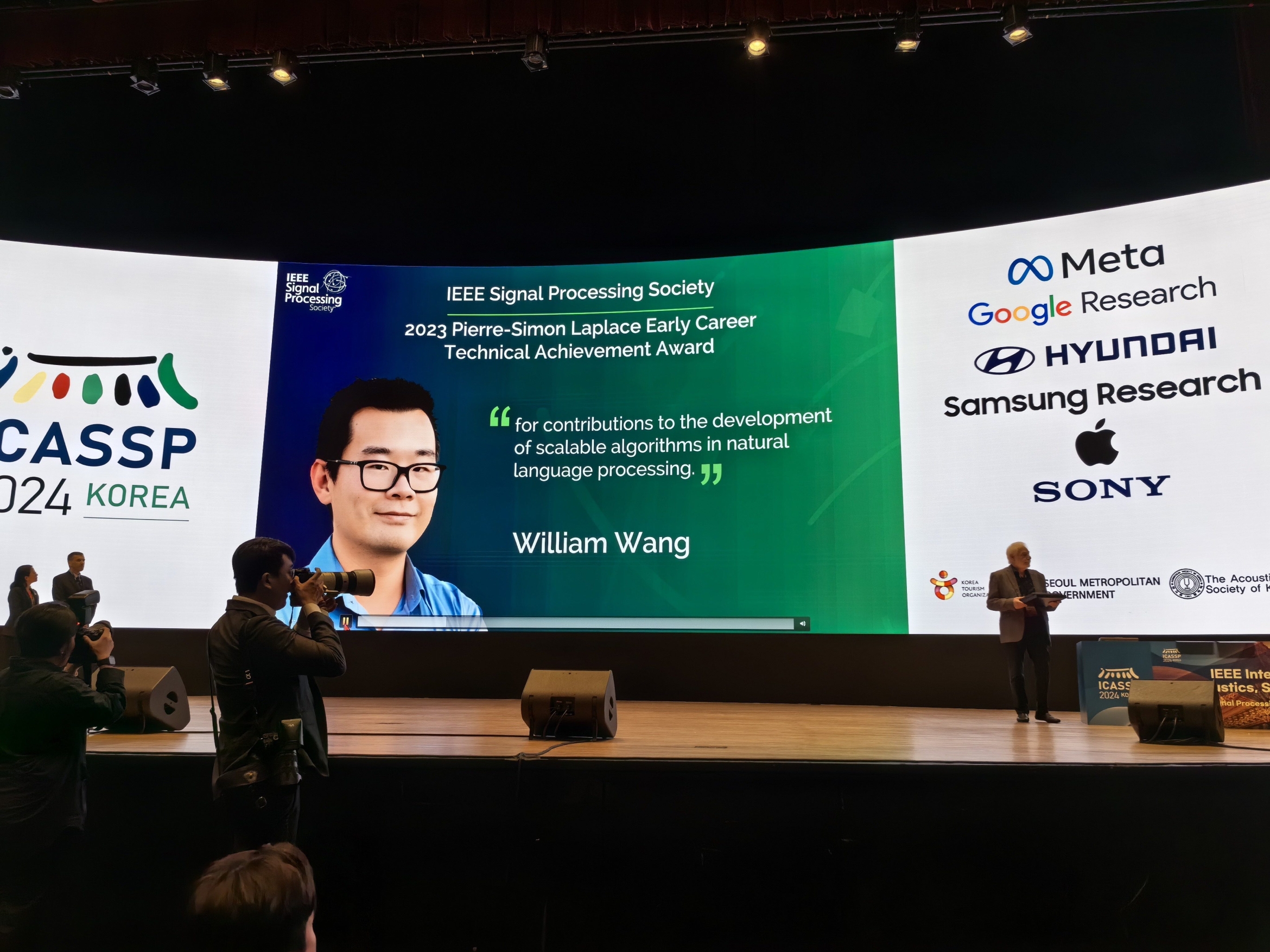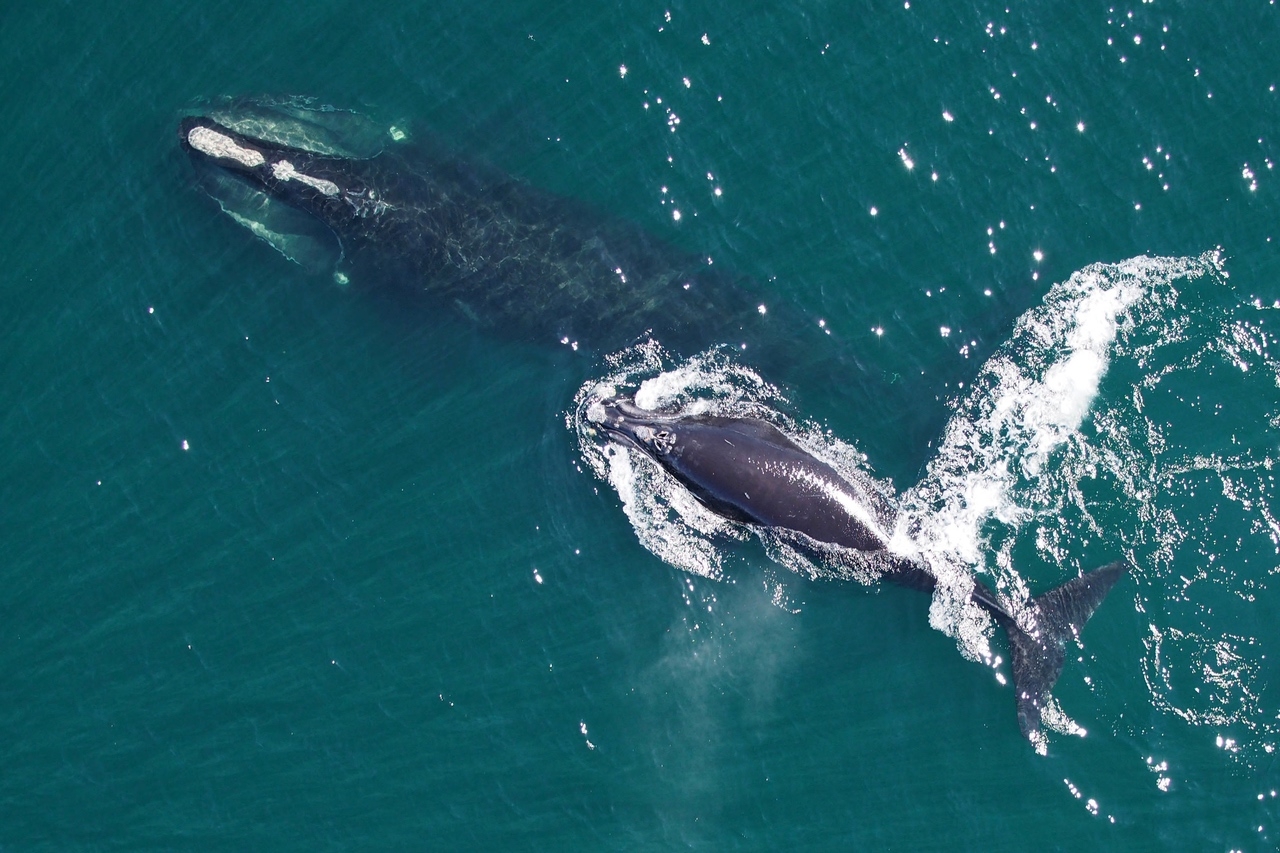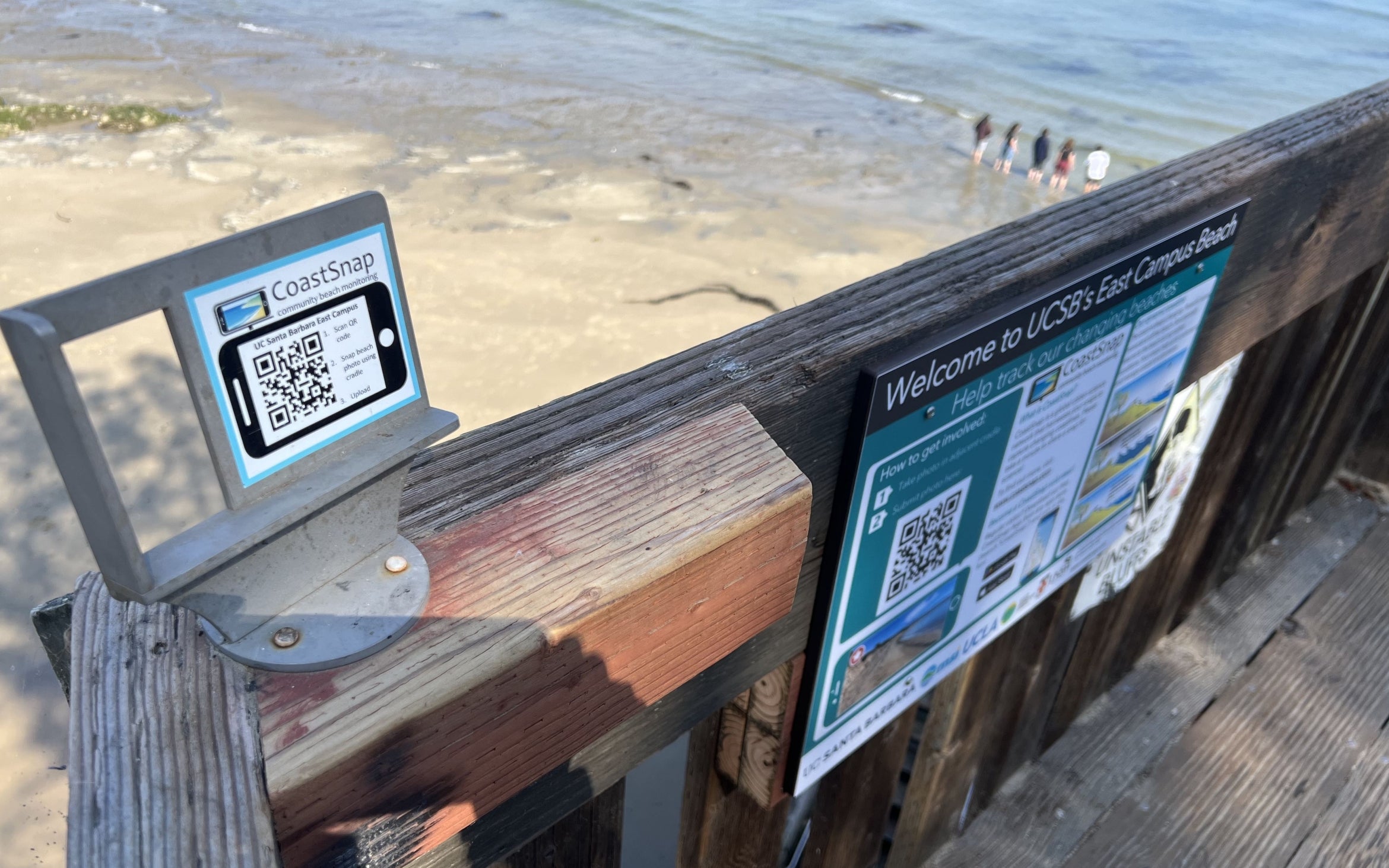UCSB Alumna Carol W. Greider Shares Nobel Prize in Physiology or Medicine
Carol W. Greider, a graduate of the University of California, Santa Barbara, has been awarded the 2009 Nobel Prize in Physiology or Medicine. Greider shares the Nobel with Elizabeth H. Blackburn and Jack W. Szostak. The three were honored for the discovery of "how chromosomes are protected by telomeres and the enzyme telomerase."
Greider, 48, graduated from UCSB in 1983 with a bachelor's degree in biology from the College of Creative Studies, and earned her Ph.D. in molecular biology in 1987 from the University of California, Berkeley, where Blackburn was her supervisor. Greider is currently a professor of molecular biology and genetics at Johns Hopkins School of Medicine, where she has been since 1997. Greider was born in 1961 in San Diego. Prior to joining Johns Hopkins, she did postdoctoral research at Cold Spring Harbor Laboratory, a nonprofit research institute in New York.
"Our entire UC Santa Barbara community is honored and delighted to congratulate alumna Carol Greider on her Nobel Prize," said Chancellor Henry T. Yang. "Her achievement is a source of great pride and inspiration for our faculty, staff, students, and alumni. This exciting and prestigious recognition is a testament to Carol's innate talent, pioneering spirit, and passion for discovery; to the outstanding education and research opportunities provided by our Department of Molecular, Cellular, and Developmental Biology and Professor Les Wilson's laboratory; and to the unique intellectual environment of our College of Creative Studies."
George Thurlow, executive director of the UCSB Alumni Association, said: "We are very proud that Carol Greider, a UC Santa Barbara alumna, has won a Nobel Prize in Physiology for her research on telomeres. It is gratifying to know that UC Santa Barbara played a part in developing her passion for biochemistry research."
Bruce Tiffney, dean of UCSB's College of Creative Studies, said: "It is a pleasure to join in congratulating our alumna, Carol Greider, College of Creative Studies biology major, Class of 1983, on the recognition of her achievements. As the College's first Nobel-winning graduate, she embodies the spirit of inquiry into the unknown that lies at the core of the CCS educational philosophy. Carol effectively used the unique attributes of the College to pursue research as a core element of her undergraduate education, working in the laboratory of Professor Leslie Wilson. Her research is crucial to understanding the processes of aging, cell death, and cancer, and a boon to humankind."
Since 1990, Blackburn has been professor of biology and physiology at University of California, San Francisco. Szostak has been at Harvard Medical School since 1979 and is currently professor of genetics at Massachusetts General Hospital in Boston. He is also affiliated with the Howard Hughes Medical Institute.
In addition to working with Greider, Blackburn has other ties to UCSB. She gave the keynote address honoring Eduardo Orias, a UCSB genomics research professor emeritus, at an all-day colloquium held by the campus's Department of Molecular, Cellular and Developmental Biology (MCDB) in September.
"I was honored and pleased to meet Liz Blackburn and attend her keynote lecture in honor of Ed and Judy Orias last month," noted Chancellor Yang. "We appreciate her ongoing collaboration with our campus colleagues."
MCDB Chair Joel Rothman noted the ties of Greider and Blackburn to UCSB, and congratulated both on behalf of his department. "Our association with these two wonderful individuals reflects the commitment of this department to groundbreaking research in fundamental mechanisms in biology and our dedication to mentoring the next generation of exceptional scientists," Rothman said.
Of Greider's undergraduate days at UCSB, Rothman said: "Her tenure in Professor Wilson's lab provided her the first opportunity to experience the excitement of research in cell biology and biochemistry. It was during this period that she was introduced to many of the experimental tools that she used later in her discovery of the telomerase enzyme, for which she received the Nobel Prize."
According to a press release posted on the Nobel Prize web site, the three solved a major problem in biology: how chromosomes can be copied in a complete way during cell divisions and how they are protected against degradation. The Nobel Laureates have shown that the solution is to be found in the ends of the chromosomes –– the telomeres –– and in an enzyme that forms them –– telomerase.
The long, thread-like DNA molecules that carry our genes are packed into chromosomes, the telomeres being the caps on their ends. Blackburn and Szostak discovered that a unique DNA sequence in the telomeres protects the chromosomes from degradation. Greider and Blackburn identified telomerase, the enzyme that makes telomere DNA.
These discoveries explained how the ends of the chromosomes are protected by the telomeres and that they are built by telomerase. If the telomeres are shortened, cells age. Conversely, if telomerase activity is high, telomere length is maintained, and cellular senescence is delayed. This is the case in cancer cells, which can be considered to have eternal life. The award of the Nobel Prize recognizes the discovery of a fundamental mechanism in the cell, a discovery that has stimulated the development of new therapeutic strategies.
Five UCSB faculty members have been awarded Nobel Prizes since 1998: David J. Gross, 2004 Nobel in Physics; Finn E. Kydland, 2004 Nobel in Economics; Alan J. Heeger, 2000 Nobel in Chemistry; Herbert Kroemer, 2000 Nobel in Physics; and Walter Kohn, 1998 Nobel in Chemistry.
Related Links
2009 Nobel Prize in Physiology or Medicine
Johns Hopkins University



